Hokonui Moonshine Museum
Celebrating the history of whiskey production during New Zealand's era of prohibition.
From the late 1800s to the middle of the 20th century, the Hokonui Hills in the Southland region of New Zealand were dotted with more than just sheep. Hidden beneath the land’s bubbling brooks and shoved into gullies were the illegal whiskey stills and wash barrels used to make and store the area’s now-signature moonshine.
In the 19th century, temperance societies began lobbying for the prohibition of hard alcoholic beverages. However, their efforts did little to stop New Zealanders from secretly downing an occasional dram. For about 100 years, moonshine was still distributed throughout the country, though the region around Gore, on the nation’s South Island, was a hotspot for those still seeking an alcoholic drink to illegally imbibe.
Hokonui Moonshine weaseled its way onto the black market when a widow named Mary McRae moved to the area after leaving her native land of Scotland as a result of the Highland Clearances. Mary, already a trained distiller, decided to put her background to use. Murdoch McRae, the eldest of Mary’s seven sons and the family’s senior distiller, viewed distilling whiskey as an extension of farming.
People favored the McRae’s moonshine over the bottles snuck in from Scotland and Australia, which had been diluted with so much water they’d grown almost too weak to tolerate. The McRae’s moonshine was—and still traditionally is—a pale beverage, though it has the distinct smell of whiskey and supposedly goes down rather smooth. Honey was used to give it a slight tint. The McRae’s bought sugar and yeast from local stores and managed to acquire malt from breweries.
The family secretly sold their stock to professionals like doctors and lawyers, and even those living outside the southern region began to covet their creation. Unfortunately, the family also attracted the attention of authorities determined to crack down on those defying prohibition. But the McRae family was smart, and managed to thwart investigating officers by hiding any household whiskey and discussing the locations of their secluded distilleries in Scottish Gaelic, their native language.
Murdoch McRae’s original moonshine recipe is still enjoyed by people today, decades after the country’s prohibition officially ended. The Hokonui Moonshine Museum in Gore celebrates the region’s involvement with creating the once-illegal beverage and the McRae family’s contribution to the cause. The small building is packed with equipment donated from local families, like whiskey stills, as well as oral histories and replicas of the whole moonshine-making process. Keep an eye out for the handwritten letter where Murdoch McRae details his family’s original recipe.
Know Before You Go
In addition to honoring the once-illegal whiskey within the museum, Gore also holds an annual Hokonui Moonshine Festival.

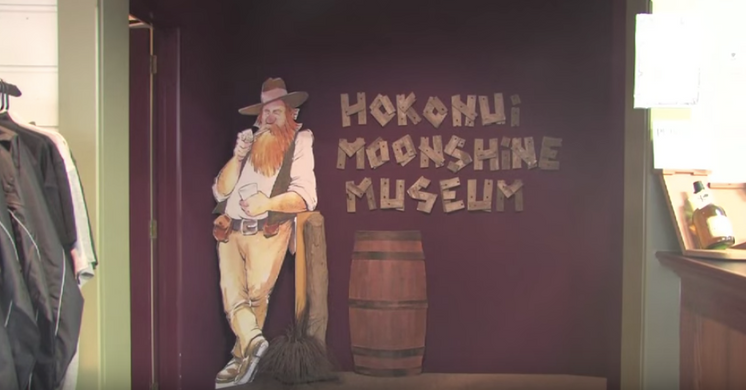
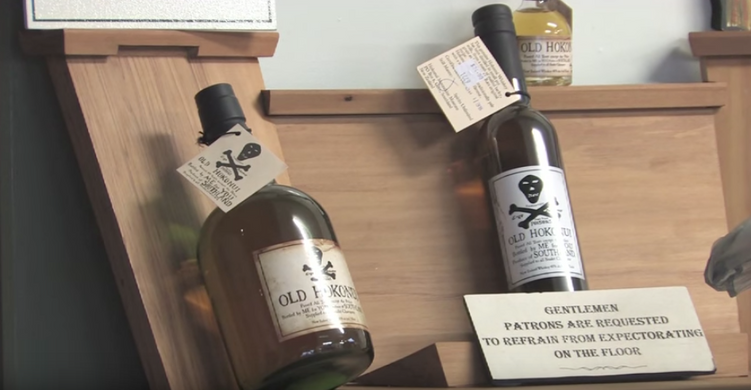
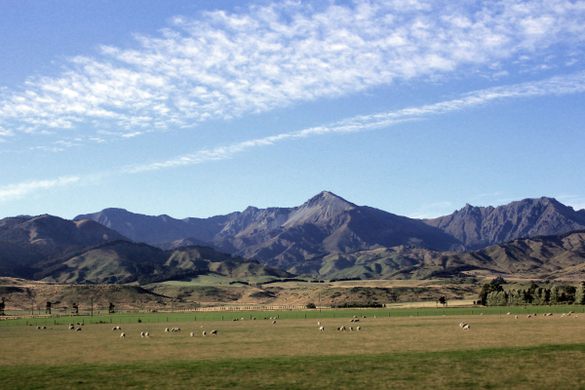
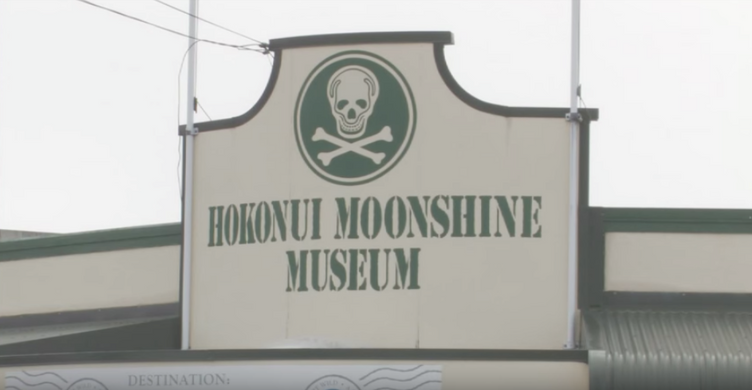

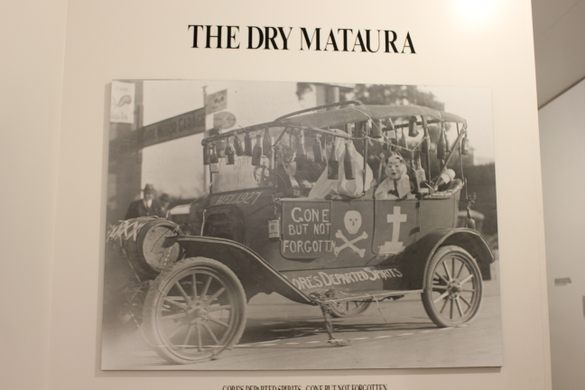


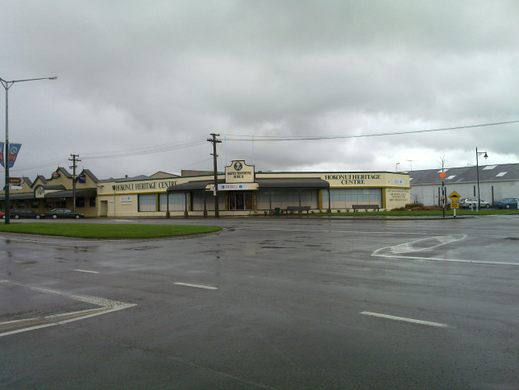
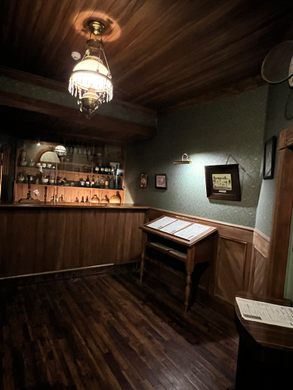

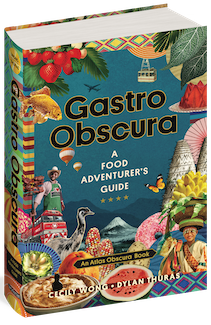


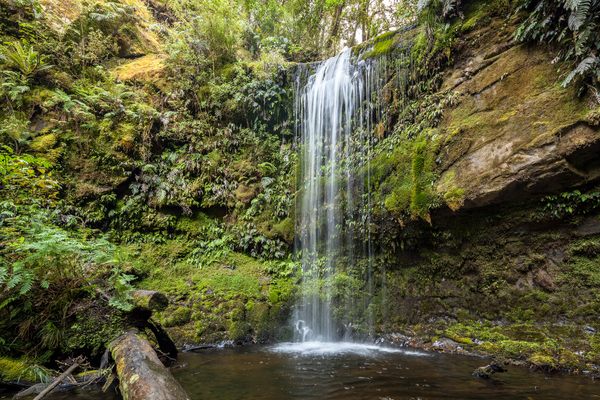


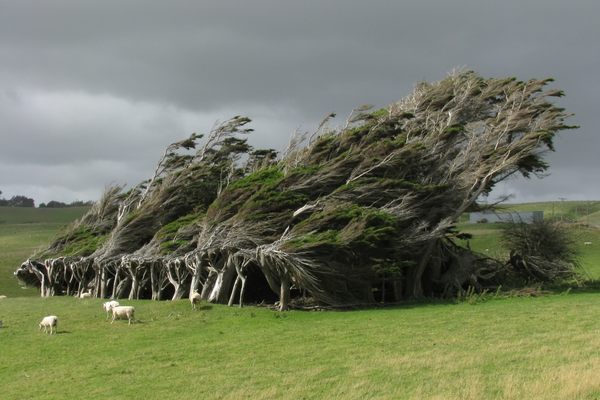
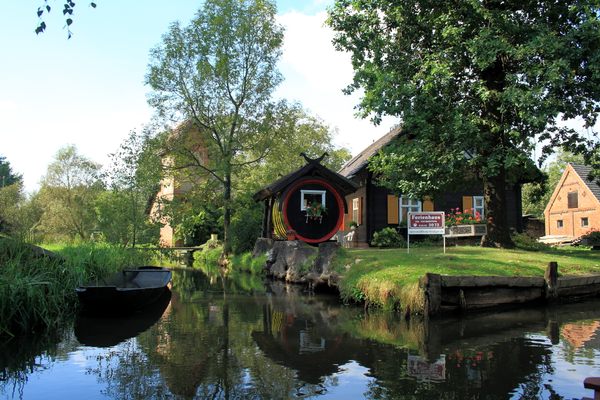




Follow us on Twitter to get the latest on the world's hidden wonders.
Like us on Facebook to get the latest on the world's hidden wonders.
Follow us on Twitter Like us on Facebook